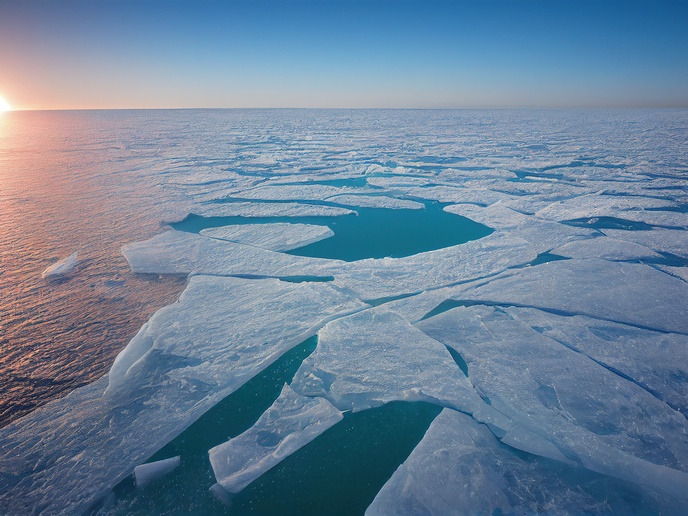Study of poleward migration sheds light on ecosystem resilience
The world is heating up, and many organisms are moving poleward in search of a thermal refuge. This movement is happening at the rate of 50-70 km per decade. However, the Arctic is warming at a rate three times the global average, and species at the edge of their poleward migration meet multiple novel stressors produced by climate change. The EU-funded EdgeStress project explored this phenomenon in the context of high-latitude intertidal ecosystems in western Greenland. The research was undertaken with the support of the Marie Skłodowska-Curie Actions programme(opens in new window).
Multiple novel climate stressors
All organisms have a range of temperatures at which they can survive. When temperatures become lethal, species must relocate. Warming conditions are stressful for Arctic species and are causing boreal non-native species to move into Arctic regions. Additionally, rising temperatures cause the melting of sea ice, which leads to freshening of the oceans. This adds another layer of stress to organisms in aquatic environments. But warming temperatures and the freshening of the seas are not the only stressors. Ocean acidification also impacts organisms. EdgeStress focused on detailed observation of the target environment to investigate the impact of multiple stressors on blue mussels(opens in new window).
Insights from field experiments
Following a 2-year stay at the University of British Columbia, where he collaborated with experts in coastal ecology, Jakob Thyrring, EdgeStress project coordinator, conducted field research to study the impact of stressors on the edge distribution of mussels. Field research was delayed due to COVID-19, leading Thyrring to focus on a detailed study of biodiversity data sets. According to Thyrring, “these analyses allowed me to describe global patterns of intertidal biodiversity, which had never been done before, and eventually, these results allowed my experimental work to be directly linked to observed patterns in populations and communities.” Experiments included collecting data on body temperature and reactions to environments with varying salinities and seawater pH. Several techniques were used to study acidification impacts, including NMR analysis, acid composition and quantification analyses, and analysis of membrane fatty acid structure. Physiological measurements were done on multiple biological levels, including genes, protein expression and whole animal responses.
Results shed light on ecosystem resilience
Project results indicate that blue mussels are quite resilient(opens in new window) in the face of climate change. No evidence of cellular distress due to rising temperatures was found. Additionally, biometric results showed a massive expansion of the HSPA12 heat shock protein(opens in new window), a protective cellular response to stress, in the blue mussel. Multiple stressors impact organisms at the poleward edge of their distribution, and stressors can pull in multiple directions. The presence of parasites, for example, appears to have a prophylactic effect, adding to the thermal resilience of some species. On the other hand, some species exhibited increased thermal sensitivity(opens in new window) due to freshwater runoff. The Arctic is changing quickly, and continued research is necessary to evaluate the impact of climate change on inhabiting species. For example, evidence suggests that melting ice sheets are releasing large amounts of mercury into the ocean. Thyrring plans to investigate the impact of this chemical stressor on affected species. Field experiments will help scientists make better predictions about the impacts of global warming and improve the understanding of local stakeholders.







